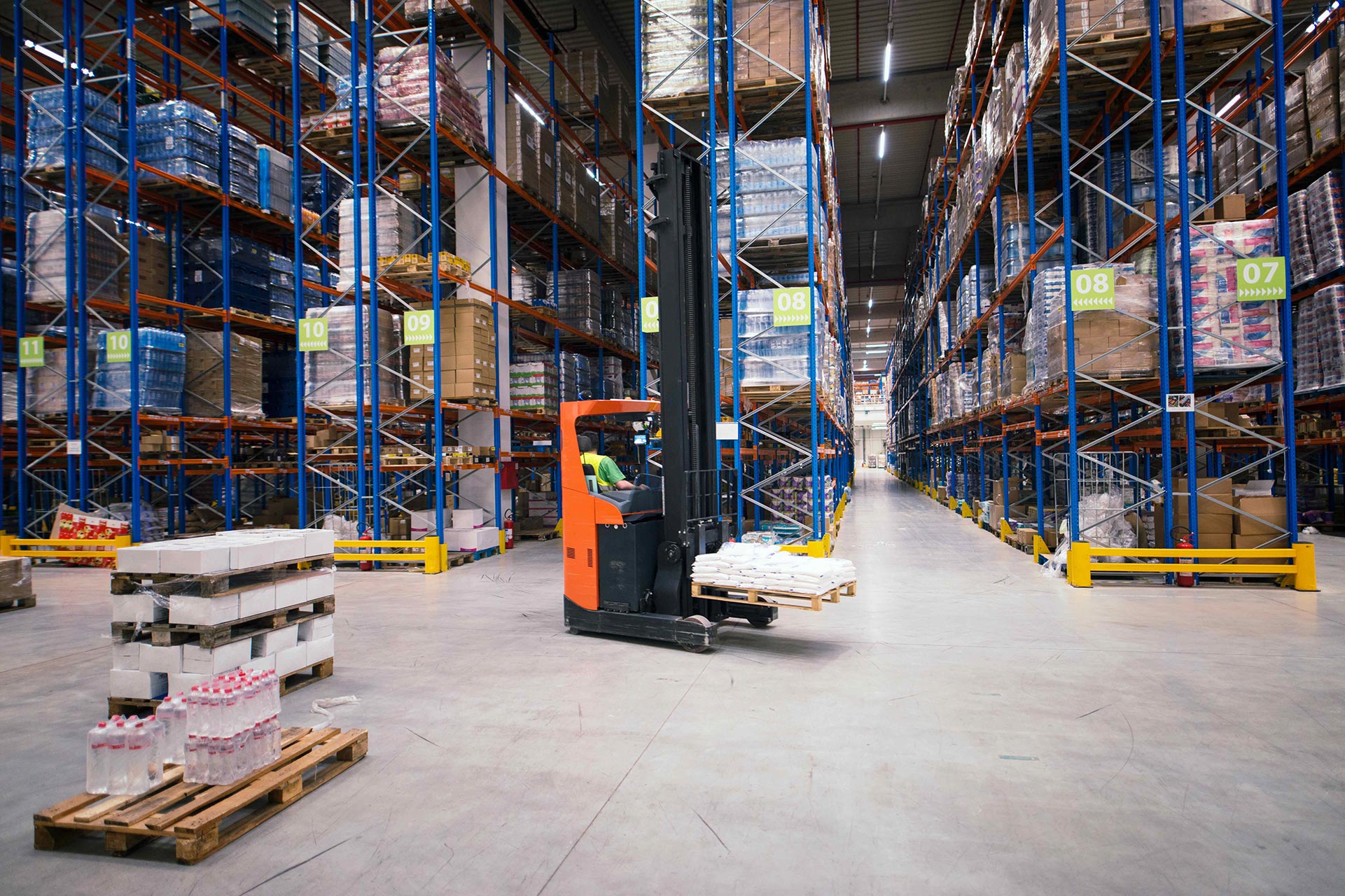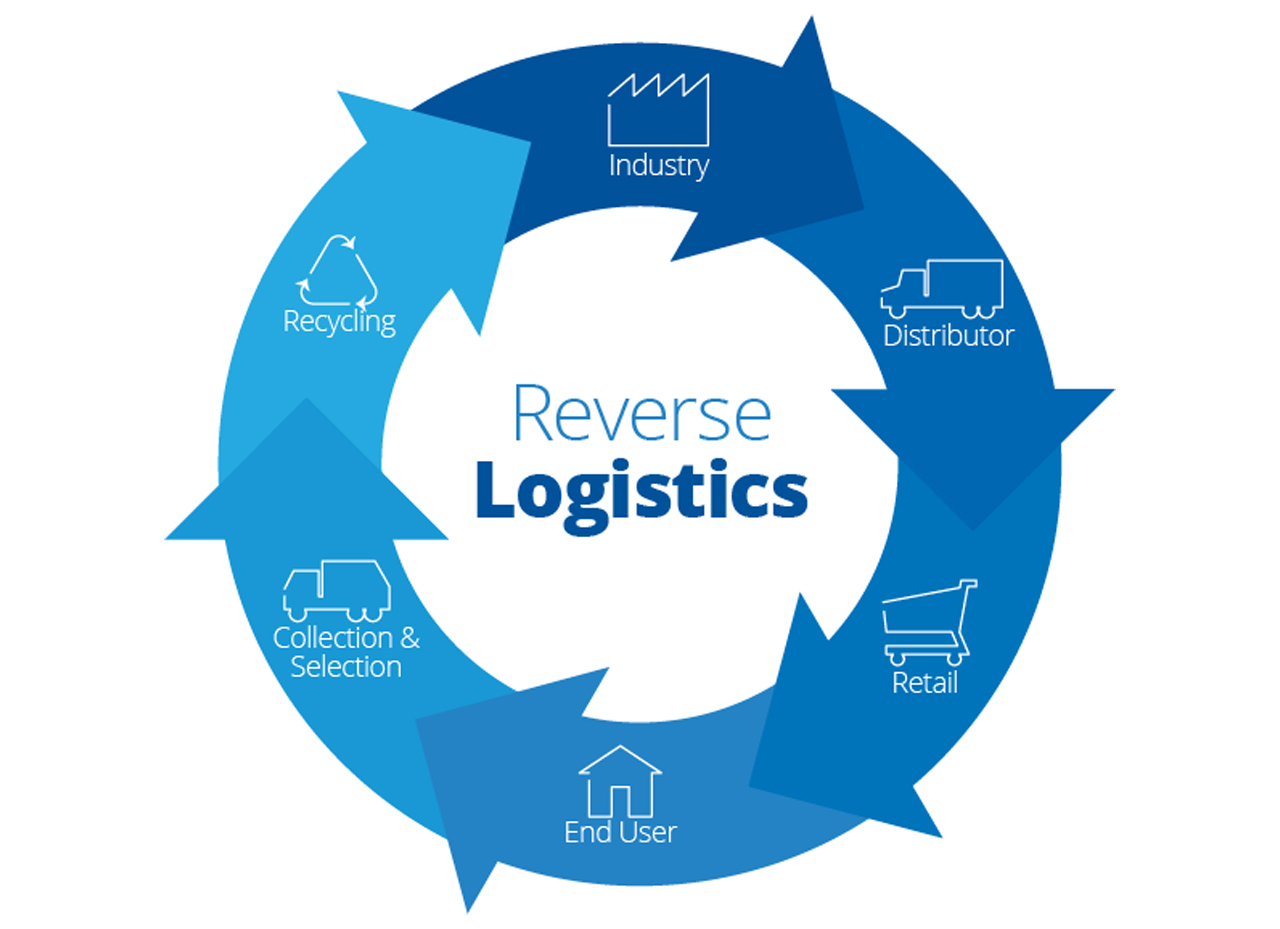LOGISTICS MANAGEMENT
Logistics management focuses on the efficiency and effective management of daily activities concerning the production of the company’s finished goods and services. This type of management forms part of supply chain management and plans, implements and controls the efficient, effective forward, and reverse flow and storage of goods. This process, as mentioned, happens between the point of origin and the point of consumption in order to meet requirements set by customers. The main aim of logistics management is to allocate the right amount of a resource or input at the right time. It is also ensuring that it gets to the set location in a proper condition while delivering it to the correct internal or external customer.
Effective supply chain and logistical procedures are important as they reduce costs and maintain & increase productivity. Substandard logistics on the other hand lead to late deliveries, failure to meet consumer requirements and in the end, ultimately causing the business to crumble. Consumers consistently demand better service, and this has prompted supply chain role players to aim to provide fast, accurate and quality service. Logistics management is responsible for making certain that this aim materializes, and that customer satisfaction is established.
Logistics management is also crucial for creating visibility into any company’s supply chain. As historical data is analyzed and the movement of goods is tracked in real-time by advanced transportation management systems (TMS), logistics uses this information for process optimization and the avoidance of potential disruptions.
Additionally, supply chain visibility creates ground for major cost savings in operations. Proper logistics management procedures increase revenue and give businesses control over inbound freight; allow for the organization of the reverse flow of goods; keep inventory at optimal levels; and utilize freight moves on the proper transportation modes. These factors all contribute to cutting costs.
SUPPLY
Supply management deals with the planning and coordination of materials needed in a specific location at a specific time in order to provide support to production or activity. Supply logistics must have transportation of the materials and storage along with plans in place for evaluating the level of supply during different stages of the process; making sure that the flow of materials aligns with the need.

Distribution
Distribution is about managing how a supplied and stored material is then sent out to the locations where it is needed. The process includes issuing of material movement (loading, unloading and transportation), tracking of stock, and accountability of use (noting down how the supply is used and by whom).
PRODUCTION
This type of logistics management oversees the stages of combining distributed supplies into a product. This can entail coordination of a manufacturing or assembling process and in the case of applications such as military production, the logistics of coordinating space and areas for production to take place. In construction, production logistics will include the staging of material to coordinate with the phase of building taking place.

REVERSE
Reverse logistics management handles the recalling of material and supplies from a production of assembly process. In the logistics management of a construction project for example, reverse logistics plans for the removal of excess material and re-absorption of the material into a stock supply.

OUR LOGISTIC SERVICES
Afghan Winner international is tend to provide all logistic tasks concerning the flow of good´s preparation, execution, and monitoring from supplier to recipient including product testing and initial warehousing. Our procurements cover the followings: Warehouse Management services, Transportation & Delivery, Distribution Services, IT Equipment, food & refreshment, shelter & hygiene kits, and stationary. As a reliable supplier, we ensure you to receive your required materials and supplements on time. We help you sustain your business by reducing logistical costs efficiently.
UNICEF, UNOPS, IOM, WFP, UNPFA, USAID/TETRATECH, USAID/DT GLOBAL, USAID/DAI.



